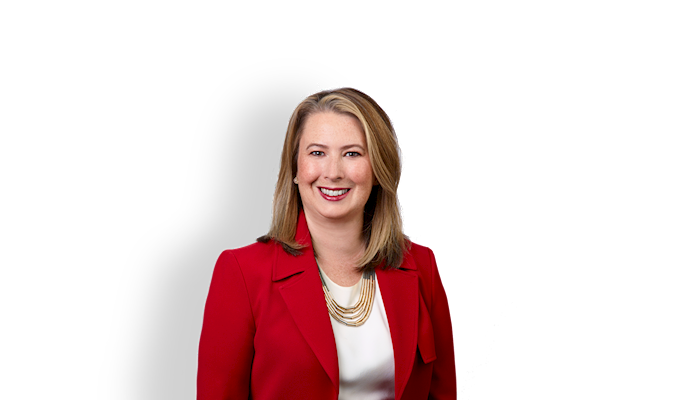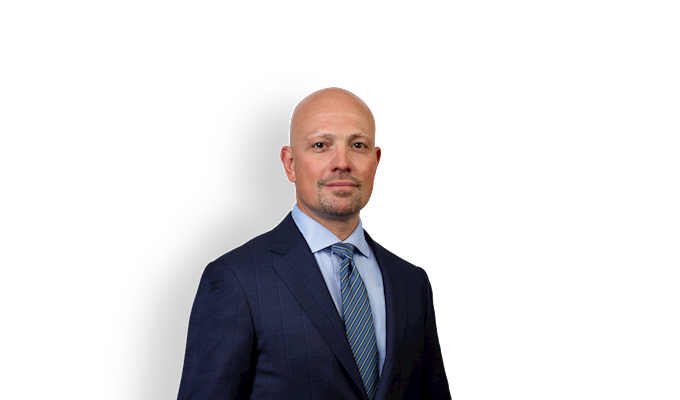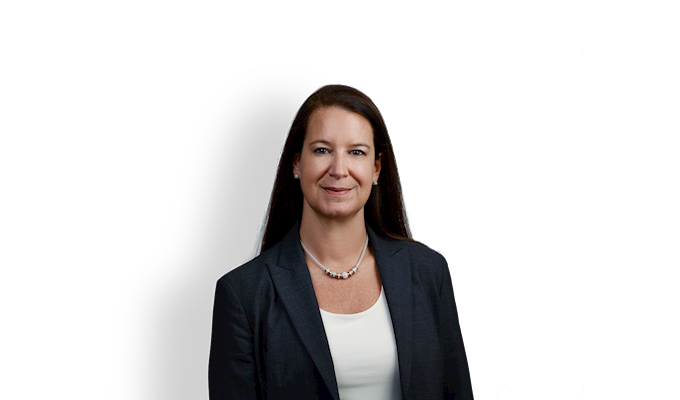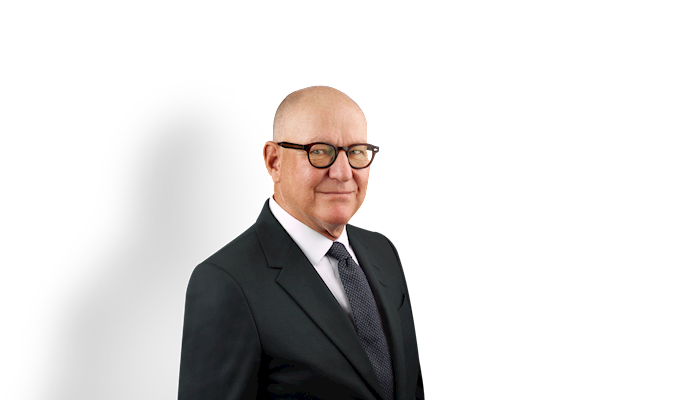By Rebecca Cowdery and William Donegan
The New Self-Regulatory Organization of Canada (the New SRO) commenced operations right on schedule on Jan. 1, 2023. The pace of change has been brisk with the New SRO not slowing down on implementing and suggesting policy changes and new developments.
This significant regulatory change has ushered in a range of new options and possibilities for investment dealers and mutual fund dealers alike. With some organizations already publicly announcing their intention to become “dual-registered” members of the New SRO, it is clear the new opportunities are being embraced.
The opportunities for dealers are many and include:
- Organizations with investment dealer and mutual fund dealer entities can simplify their structure and create efficiencies by consolidating into a single entity with dual registration.
- Entities that were only registered as a mutual fund dealer, or an investment dealer can expand service offerings by becoming dually registered.
- Mutual fund dealers can add to their product offerings and/or simplify their back office by entering an introducing broker/carrying broker arrangement with an investment dealer (affiliated or not).
There are important considerations for each of the above-noted opportunities. Firms may wish to proceed to re-organize by way of amalgamation or through acquisition, with each option having different implications for individual representatives’ registrations and “re-papering” of client accounts, amongst other things. Dually registered entities will be governed by the Investment Dealer and Partially Consolidated Rules (IDPC Rules) hence such firms will want to consider the application of the IDPC Rules to their mutual fund dealer business and the need for any exemptions, given that the IDPC Rules will create new obligations on a mutual fund dealer.
Here is a primer on where things currently stand:
Application process: Firms wishing to change their registration to add another category, either as a result of an amalgamation or to become dually registered, will be required to follow the process published by the New SRO and applicable regulators earlier this year. The process is involved, albeit straightforward and will require applications both to the New SRO and to the securities regulator in every jurisdiction where the firm intends to operate.
Rules: For the foreseeable future, the IDPC Rules will govern investment dealers and dually registered dealers. These are essentially the former IIROC Rules with modifications to accommodate dually registered dealers. Stand-alone mutual fund dealers will continue to be governed by the Mutual Fund Dealer Rules, which are the former MFDA Rules and Policies.
“Directed commissions” and the potential for harmonization: Under the New SRO Rules, mutual fund salespersons, including those who are part of a dual-registered firm, may continue to direct commissions to a corporation in jurisdictions where this practice is permitted. Prior to the establishment of the New SRO, the CSA indicated that they had established a Working Group to review the issue and consider options, including incorporated salesperson arrangements. Pending this review, the IDPC Rules reflect the former IIROC position. The CSA noted that the New SRO will commit to prioritizing the development of a harmonized approach on this issue, but no further details have been released.
Permanent name/membership disclosure: A permanent name for the New SRO is expected to be announced later in 2023. Dealers will likely be afforded twelve months to modify their membership disclosure to accommodate the new name. In the meantime, the name of the New SRO is self-explanatory: The New Self-Regulatory Organization of Canada.
Continuing education: Continuing education requirements remain the same as immediately before the New SRO establishment for investment dealer registrants and mutual fund dealer registrants, but further harmonization may occur in the future.
Dealer regulatory fees: The New SRO has released an Interim Fee Model. The Interim Fee Model is substantially the same as that used formerly by the MFDA and IIROC. Dual registered dealers will be charged under the investment dealer fee model for investment dealer business and under the mutual fund dealer model for mutual fund dealer business. There will also be an “Integration Cost Recovery” fee applied to dual registered firms and firms with affiliated mutual fund and investment fund dealers.
Investor protection fund: The MFDA Investor Protection Fund merged with the Canadian Investor Protection Fund (CIPF), with the merged entity continuing under the CIPF name. The new entity will maintain separate pools for the payment of mutual fund dealer claims and investment dealer claims. For dual registered entities, all claims will be paid from the investment dealer pool. In the interim there is no change to the fee calculation formula applied to investment dealer and mutual fund dealer business, although a new formula is under development.
Investor Office: The New SRO’s newly constituted Investor Office is dedicated to not only supporting investors and carrying out investor outreach, it will also assist the New SRO in investor focused policy development and ensure the complaints and inquiries process is investor-friendly. The Investor Office also supports the new Investor Advisory Panel, which is a committee of investor focused experts, with a mandate to assist the New SRO in the effective fulfillment of its public interest mandate and to convey issues of concern to investors for consideration by the New SRO.
Firm and individual registration: Dealer firms will continue to be required to register with the securities regulators in each jurisdiction where they wish to do business. Individual registrants with an investment dealer will be registered through the New SRO, while individual mutual fund dealer representatives will continue to register through the securities regulators in each jurisdiction where they wish to do business.
Québec considerations: All dealers registered in Québec, including mutual fund dealers, automatically became members of the new SRO, although they are currently exempt from the application of essentially all of the New SRO rules in Québec. The Autorité des marchés financiers and Chambre de la sécurité financière will therefore continue to oversee all mutual fund dealer business conducted in Québec (including by dealers operating nationally), until the expiry of an as yet undetermined “transition” period.
Enforcement hearings: The former MFDA Regional Councils and IIROC District Hearing Committees and their members have been reconstituted in ten New SRO District Hearing Committees. Committee members will continue to serve the term of their original appointment. Hearing Panels in each of the districts will be drawn from each of the new District Hearing Committees.
Business conduct examinations: Business conduct examinations will continue for both types of firms. Dual registered firms may be subject to separate examinations for mutual fund dealer and investment fund dealer business, depending on their organization and the degree of integration between the dealer businesses.
Proficiency: There is no change to the proficiency requirements for representatives of either investment dealers or mutual fund dealers. However, mutual fund dealer salespersons who wish to recommend securities such as ETFs, prospectus qualified alternative mutual funds (liquid alts) or privately offered alternative investment funds will continue to need additional product-based proficiency. The question of proficiency is still being considered by the New SRO, however, including the possibility of the introduction of a conduct and practices course for mutual fund salespersons.
New developments: The New SRO’s policy developments report of January 2023 sets out the status of the New SRO’s various initiatives. Most notably the New SRO’s consultation paper released on Feb. 1, 2023, entitled Distributing Funds Disgorged and Collected through New SRO Disciplinary Proceedings to Harmed Investors describes a radically new approach to investor protection in Canada. The consultation is open for comments until May 1, 2023. The New SRO (as with IIROC and the MFDA before it) is not currently able to order compensation or restitution to investors that have suffered a loss, even if a disciplinary proceeding has ordered disgorgement of revenue earned by firms as a result of any contravention of applicable laws. Based on research and recommendations from an internal working group, the New SRO proposes to enhance its existing enforcement process to add a mechanism to force the distribution of disgorged funds to harmed eligible investors.
Under the proposal, an eligible investor would be a person who suffered direct financial loss because of a contravention of laws by a firm, giving rise to the disgorgement directly linked to the enforcement findings. The consultation paper suggests that the program be structured outside of the enforcement process and be administered by a separate branch of the New SRO, which would be styled as the Administrator. Once the enforcement process is completed and funds are disgorged and collected, notice would be provided to all known eligible investors, and claimants would need to opt in within a prescribed time frame set by the administrator (generally within 30-90 days). Claimants would need to declare any recovery obtained elsewhere (for example, civil claims) and claims for payment would then be assessed by the administrator.
The working group also recommended that the New SRO’s Office of the Investor act as liaison between the administrator and investors. Harmed investors would not be prevented from bringing civil claims or seeking compensation elsewhere for losses arising from the same conduct. Specific questions posed in the consultation paper relate to the proposed restraints on eligibility and the potential for investor confusion with respect to their redress options.
Conclusion
This is an unprecedented time of opportunity for dealer members of the New SRO, as well as for the New SRO itself and the members of the CSA in their oversight capacity. Please contact your usual lawyer within BLG’s Investment Management group or at BLG Beyond AUM Law for more information about the New SRO or any of the items listed in this article. We would be pleased to guide you on the opportunities and challenges that lie ahead for your business.
Key Contacts
Borden Ladner Gervais LLP
Kathryn Fuller, David Di Paolo, Julie Mansi, Rebecca Cowdery and Michael Taylor





